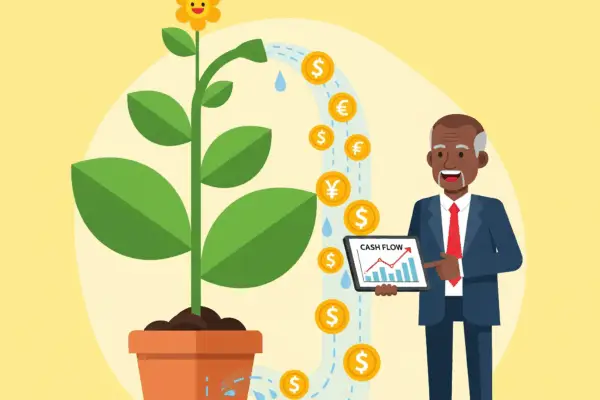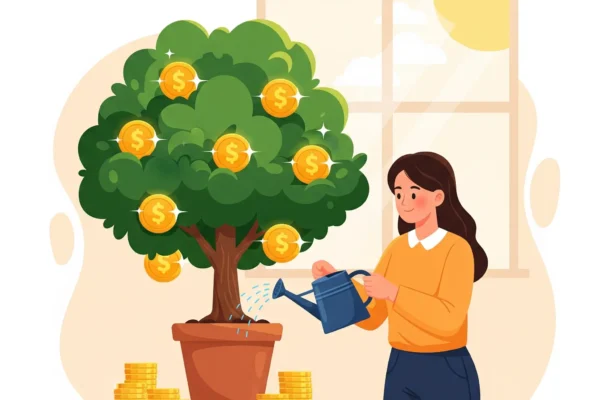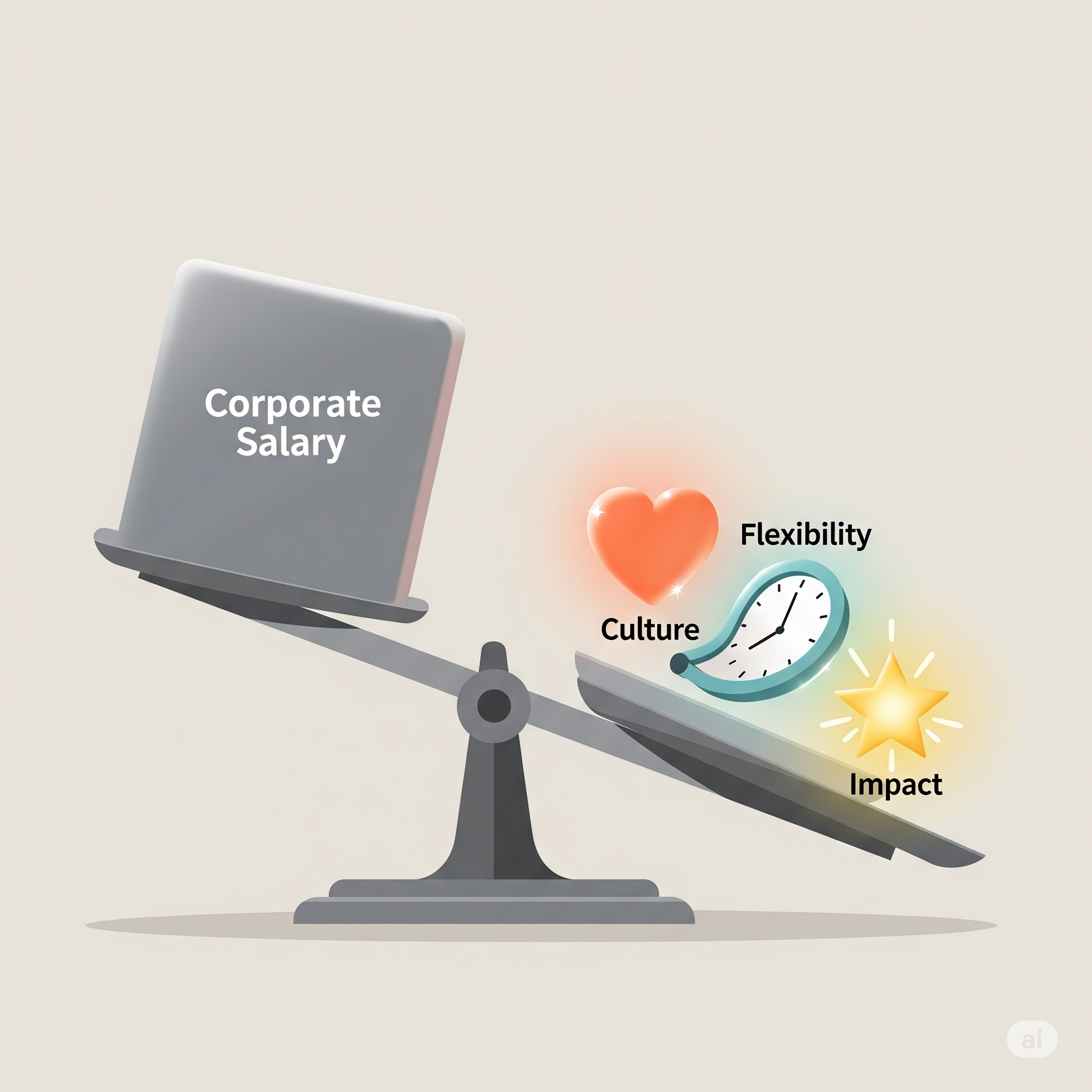Alright, let’s talk candidly about the world we’re doing business in right now. It feels like we’re all strapped into a rocket ship that’s constantly accelerating, doesn’t it? Technologies emerge overnight, market demands shift in the blink of an eye, and global events constantly reshape the landscape. The old model of learning a skill once and being set for life? That’s ancient history. I want to talk about why the most successful individuals and organizations today are embracing a different mindset – that of the “perpetual student” – and how this continuous hunger for knowledge is becoming the ultimate competitive advantage in this age of constant disruption.
I remember a conversation years ago with the owner of a small but successful printing business. He’d been in the industry for decades, knew everything there was to know about offset printing, and had a loyal customer base. When digital printing technology started to emerge, he dismissed it. “Afad,” he called it. “Expensive gimmick.” He was comfortable, confident in his tried-and-true methods.
Meanwhile, one of his younger employees, fresh out of trade school, was fascinated by the digital side. On his own time, he took online courses, watched tutorials, and even tinkered with a small desktop digital printer he bought. He saw the potential for short runs, personalization, and faster turnaround times that offset couldn’t easily match.
Fast forward five years. The market had shifted dramatically. Customers needed faster, more flexible solutions. The owner’s business, once thriving, was struggling. The young employee? He had started his own small digital printing shop and was now a formidable competitor, serving many of the original business’s former clients.
The difference wasn’t just technology; it was the mindset. The owner had stopped being a student. The employee understood that in a rapidly changing world, learning isn’t a one-time event; it’s a continuous process.
Why is this “perpetual student” mindset so critical today?
First off, technological obsolescence is real. The skills and tools that are cutting-edge today could be outdated tomorrow. If you’re not continuously learning and adapting, you risk becoming irrelevant. This applies to individuals and entire companies.
Second, market demands are a moving target. Customer needs and expectations are constantly evolving. Staying ahead requires a deep understanding of these shifts, which only comes from continuous learning and market intelligence.
Third, innovation thrives on new knowledge. The most innovative companies are those that are constantly exploring new ideas, technologies, and ways of doing things. This requires a culture that encourages curiosity and provides opportunities for learning.
Finally, in the war for talent, a commitment to employee growth is a major differentiator. The best people want to work for organizations that invest in their development and provide pathways for continuous learning.
So, what does it mean to be a “perpetual student” in the business world? It’s more than just signing up for the occasional training seminar. It’s about cultivating a culture of curiosity, experimentation, and knowledge sharing.
For individuals, it means:
* Embracing Curiosity: Ask questions, explore new topics, and be open to ideas outside of your immediate expertise.
* Seeking Diverse Experiences: Step outside your comfort zone, take on new challenges, and learn from different roles and industries.
* Making Time for Learning: Schedule dedicated time for reading, online courses, podcasts, or simply reflecting on new information.
For organizations, it means:
* Creating a Learning Culture: Encourage employees to share knowledge, experiment with new tools, and learn from both successes and failures.
* Providing Accessible Learning Resources: Offer a variety of training programs, online platforms, mentorship opportunities, and access to industry insights.
* Rewarding Curiosity and Initiative: Recognize and reward employees who demonstrate a commitment to continuous learning and who proactively seek out new knowledge.
* Leading by Example: Leaders must visibly demonstrate their own commitment to continuous learning, sharing what they’re learning and encouraging others to do the same.
In the age of disruption, the ability to learn and adapt quickly is the closest thing we have to a superpower. It’s what separates the thrivers from the just-survivors. By fostering a culture of perpetual learning, both individually and organizationally, we don’t just navigate the future; we actively shape it.
So, I challenge you: What are you learning today? How are you encouraging your team to be perpetual students? The journey of learning is endless, and in business today, that’s exactly where you want to be.
What are your thoughts? How are you cultivating a learning mindset in your work or your business? Share your insights
The Perpetual Student: Why Continuous Learning is Your Business Superpower in the Age of Disruption
Alright, let’s talk about a mindset shift that’s no longer just a “nice-to-have,” but a fundamental requirement for success in today’s rapidly changing business world. We’re living in an age of unprecedented disruption. Technologies are emerging seemingly overnight, market demands are shifting in the blink of an eye, and global events are constantly reshaping the landscape. The old model of learning a skill once and being set for life? That’s ancient history.
To thrive in this environment, the most successful individuals and organizations are embracing something different: the mindset of the “perpetual student.” It’s the understanding that learning isn’t a phase, it’s a way of life. It’s the recognition that to stay relevant, competitive, and innovative, we must constantly be seeking new knowledge, developing new skills, and adapting to new ways of thinking. This continuous hunger for learning is becoming the ultimate competitive advantage in the face of relentless disruption.
I think of the story of a small marketing agency I consulted with a few years back. They were experts in traditional marketing techniques, but the digital landscape was rapidly evolving, and their clients were starting to demand more sophisticated online strategies. Many of the team members were resistant to change. They felt comfortable with their existing skills, and the idea of learning new platforms and techniques felt overwhelming.
The agency’s leadership, however, understood the writing on the wall. They invested heavily in training and development, brought in external experts, and created a culture that celebrated experimentation and learning from failures. They encouraged their team to become perpetual students.
It wasn’t easy. There were setbacks, moments of frustration, and a lot of late nights spent mastering new tools. But the result? The agency transformed. They became digital marketing pioneers in their region, attracting new clients and developing innovative campaigns that their competitors couldn’t match. Their willingness to learn and adapt turned a potential threat into a massive opportunity.
The benefits of embracing a “perpetual student” mindset are clear:
* Increased Adaptability: Continuous learning makes you and your organization more nimble and responsive to change.
* Enhanced Innovation: Exposure to new ideas and skills sparks creativity and leads to breakthroughs.
* Improved Problem-Solving: A wider knowledge base equips you to tackle complex challenges from multiple angles.
* Greater Resilience: The ability to learn and adapt makes you more resilient in the face of setbacks.
* Attracting and Retaining Top Talent: In today’s market, employees are drawn to organizations that invest in their growth and development.
So, how do you cultivate this culture of continuous learning?
* Make Learning a Priority: Allocate time and resources for training, development, and exploration.
* Embrace Curiosity: Encourage questions, experimentation, and a willingness to try new things.
* Seek Diverse Perspectives: Expose yourself and your team to different viewpoints and approaches.
* Learn from Failure: View setbacks as opportunities for growth, not as reasons for blame.
* Celebrate Learning: Recognize and reward those who actively pursue new knowledge and skills.
The business world isn’t slowing down anytime soon. The pace of change will only accelerate. The most successful businesses will be the ones filled with perpetual students – individuals and teams who are constantly learning, growing, and adapting to the ever-evolving landscape. This isn’t just about staying ahead of the curve; it’s about shaping the future.
What are your thoughts? How are you embracing continuous learning in your own life and in your organization? I’d love to hear your experiences and strategies!




